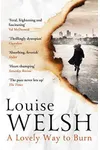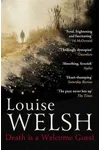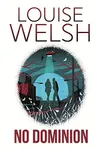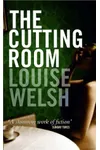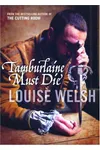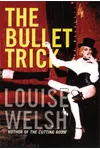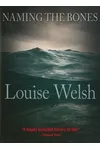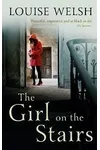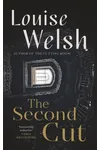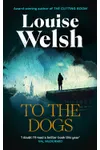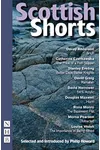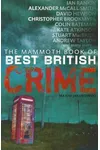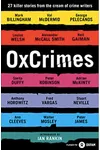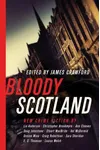Picture a storyteller who spun Glasgow’s gritty underbelly into gripping psychological thrillers—meet Louise Welsh! Born in London but a proud Glaswegian by choice, Welsh has captivated readers with her dark, atmospheric novels and complex characters. Her debut, The Cutting Room, didn’t just win awards—it redefined crime fiction with its bold, unflinching style. Ready to dive into her world?
From short stories to radio broadcasts, Welsh’s versatility shines, but it’s her knack for blending mystery with social commentary that keeps fans hooked. Whether exploring seedy auction houses or plague-ravaged futures, her stories pull you in and don’t let go. Let’s uncover the life, works, and lasting impact of this literary gem.
The Making of Louise Welsh
Born on February 1, 1965, in London, Louise Welsh found her creative home in Glasgow, Scotland, after studying history at Glasgow University. Before penning bestsellers, she ran a second-hand bookshop, surrounded by dusty tomes that likely sparked her storytelling imagination. This eclectic background—part scholar, part bookseller—shaped her unique voice, blending intellectual depth with raw, street-smart grit. Her shift from bookselling to writing wasn’t just a career change; it was a leap into a world where she’d soon make her mark.
Welsh’s early influences included gothic literature and Robert Louis Stevenson, whose adventurous tales fueled her love for stories that thrill and unsettle. By the late 1990s, she was ready to trade bookshop shelves for the literary stage, and her debut novel would prove she was no ordinary storyteller.
Louise Welsh’s Unforgettable Stories
Welsh burst onto the scene with The Cutting Room (2002), a moody thriller following Rilke, a gay auctioneer turned amateur sleuth. The novel’s gritty Glasgow setting and unflinching look at society’s darker corners earned it the Crime Writers’ Association Creasey Dagger and a nomination for the 2003 Orange Prize. Its vivid prose and morally complex hero set Welsh apart as a fresh voice in crime fiction.
Her novella Tamburlaine Must Die (2004) took a bold turn, imagining the final days of 16th-century poet Christopher Marlowe. This historical thriller, steeped in betrayal and intrigue, showcased Welsh’s range and love for weaving fact with fiction. Later, The Bullet Trick (2006) followed a down-on-his-luck magician in Berlin, blending noir vibes with psychological depth. Her Plague Times Trilogy (2014–2017), starting with A Lovely Way to Burn, tackled a dystopian pandemic, proving her ability to merge speculative fiction with human truths. Welsh’s style—sharp, atmospheric, and unafraid of taboo topics—makes every page pulse with tension.
Beyond novels, Welsh’s short stories, like “The Night Highway” for Oxfam’s Ox-Tales, and her plays, including Panic Patterns with partner Zoë Strachan, reveal a restless creative spirit. Her work often probes identity, power, and morality, wrapped in prose that’s as stylish as it is unsettling.
Why Louise Welsh Matters
Louise Welsh’s impact lies in her fearless exploration of society’s shadows. Her novels don’t just entertain—they challenge readers to confront uncomfortable truths about human nature. By centering complex, often marginalized characters like Rilke, she’s expanded the crime genre’s boundaries, earning praise from peers like Val McDermid. As a professor of creative writing at the University of Glasgow, Welsh inspires new writers, while her role as Honorary President of the Ullapool Book Festival amplifies Scotland’s literary scene.
Her work resonates globally, with translations and awards like the Corine Literature Prize (2004) cementing her influence. Welsh’s ability to blend gothic tradition with modern grit ensures her stories endure, inviting readers to question the world around them.
About Louise Welsh
- Born: February 1, 1965, in London, UK
- Key Works: The Cutting Room, Tamburlaine Must Die, Plague Times Trilogy
- Awards: Crime Writers’ Association Creasey Dagger (2002), Saltire First Book Award (2002)
- Fun Fact: She’s a regular radio broadcaster and co-directs the Empire Café, exploring Scotland’s historical ties.
Snag The Cutting Room and dive into Louise Welsh’s thrilling, thought-provoking world—Glasgow’s dark side awaits!
